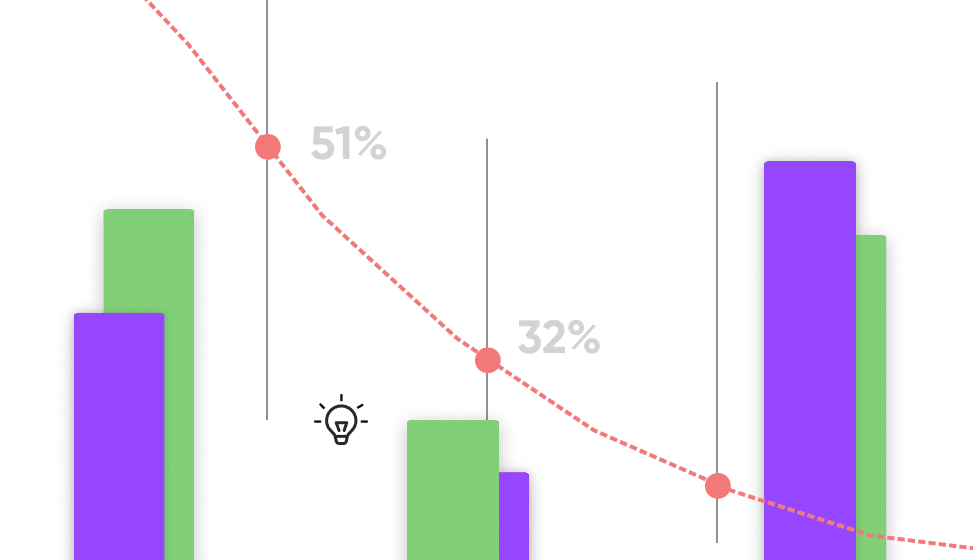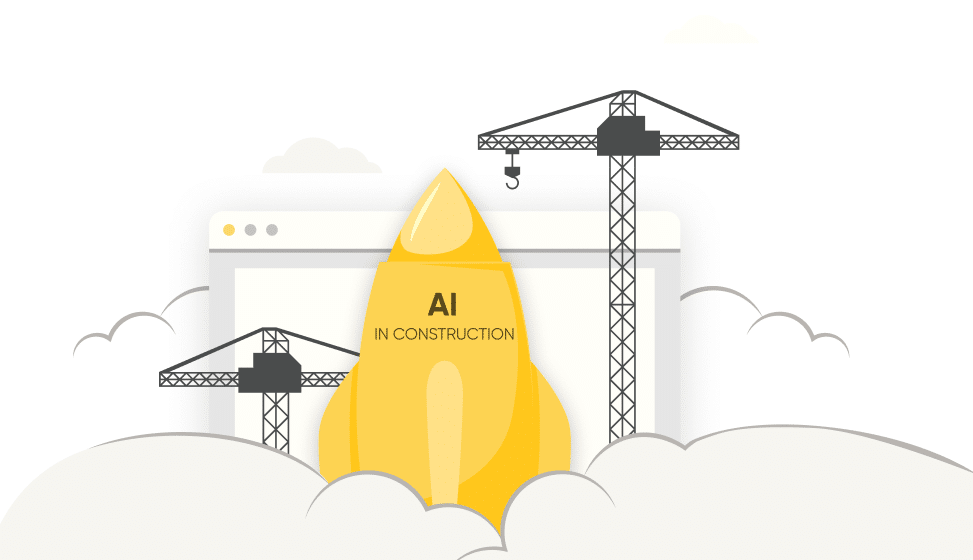Accountability in Modern Construction Shifting From Blame To Collaboration Through Performance-Driven Management

The notion that “Accountability is the glue that ties commitment to the result,” perfectly captures a fundamental truth in every construction project: They usually start with positive intentions and big promises. However, as the project unfolds, this ‘glue’ starts to disintegrate: “Well, that’s not my fault!” and “They need to get out of my way before I can begin!” are all too familiar phrases every project manager hears when trying to navigate trades, labor, schedules, and supplies.
And that’s precisely where the results begin to crumble.
A Blame Game With Costly Consequences – But No Results
Stagnating within the blame game won’t bring about the desired outcomes. In a high-stakes environment, where each party is overprotective of their small cut, realizing accountability in construction is as vital as, let’s say, surgery: every detail and every stakeholder in the room is crucial and depending on one another, diagnostics need to be accurate and the nurses prepared.
The problem is that the complexity of building projects makes understanding the root causes of issues seldomly straightforward. It requires piecing together third-party opinions and sketchy memories, leading to biased arguments. As a result, projects can become arenas of costly and lengthy conflicts, focused rather on penalizing failures than addressing their root causes. A review of 1,200 projects across 88 countries revealed that eye-watering sums of money are still being lost to disputes.
Objectivity: The Hallmark Of A Performance-Driven Approach
Performance-Driven Construction Management (PDCM) emerges as a transformative power. Its core lies in leveraging objective data to cut through individual narratives. By focusing on measurable, real-time indicators, PDCM brings clarity to the often-muddled waters of accountability in construction. It scrutinizes the efficiency of processes, the efficacy of task completion, and the dynamics of project execution.
A Shared Reality Instead Of Finger-Pointing
By providing all parties with unambiguous data, PDCM encourages a shared understanding of project realities. It fosters a collaborative environment where finger-pointing is replaced by problem-solving. When parties work together, guided by indisputable data, the need for blame allocation diminishes. On top, PDCM has the ability to transform our approach from reactive to proactive. It enables teams to anticipate challenges and optimize processes before they escalate into larger problems.

Make Accountability Fundamental
Moving beyond blame to a data-centric attitude marks a significant shift in construction, embedding accountability into the project's core. This approach, focusing on performance-driven insights fosters transparency, responsibility, and collaboration, enhancing project efficiency and building a culture of mutual respect.
To explore more about this transformative approach and how it can revolutionize project management in the construction industry, download our comprehensive white paper on Performance-Driven Construction Management here.



